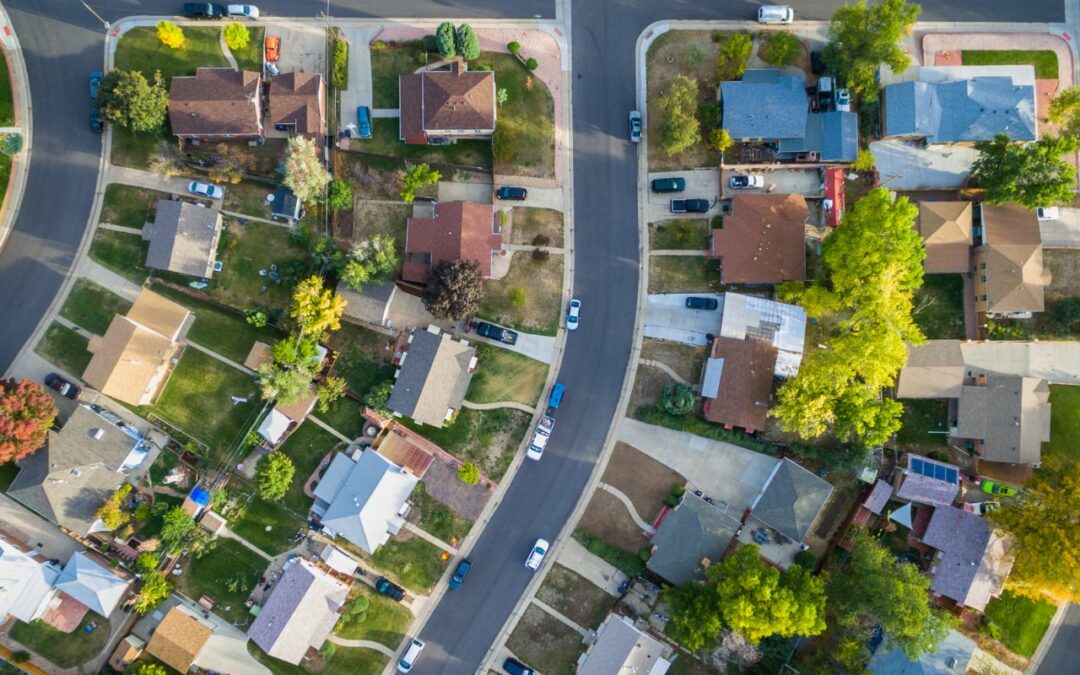We are exposed to different types of noise at varying levels throughout the day. We often normalize noise without realizing that it poses a subtle risk to hearing health. Noise pollution describes everyday noises that can be harmful to one’s hearing. From traffic, to household appliances, and construction sites; this noise exposure can be impacting you in ways that you are unaware of. According to the American Speech-Language-Hearing Association (ASHA), 30 million people in the U.S. are exposed to hazardous levels of noise on a regular basis. This can impact health in a variety of ways including contributing to stress, lack of sleep, and the development of hearing loss.
Common Sources of Noise Pollution
Experts suggest that noise pollution is a public health risk that requires greater attention. So what are common sources of noise pollution in your neighborhood that could be impacting your health? Well, a few common sources include the following:
- Household Appliances: numerous household appliances create high levels of noise. This includes lawn mowers, leaf blowers, power tools, vacuum cleaners etc.
- Traffic: this is especially present if you live in a city and are regularly exposed to city traffic. This includes sounds from major highways, horns, sirens from emergency vehicles etc.
- Environmental noise: other types of environmental noise in a neighborhood includes car alarms, dogs barking, heavy machinery from construction sites, airport related noises etc.
- Social activities and events: noise from restaurants, bars, concerts etc. nearby is also another common source of noise pollution.
Whether it is industrial activity, domestic machinery, or traffic related – noise pollution is part of our daily lives and the environments we navigate regularly.
Health Impact of Noise Pollution
Though we are accustomed to dealing with noise pollution, it can actually impact health in several ways. Regular exposure to noise pollution can contribute to:
- Noise induced hearing loss: one time or consistently exposure to loud noise can damage the hair cells in the inner ear. These sensory cells play a critical role in how sound is absorbed and processed. They convert incoming sound waves into electrical signals when they get carried to the brain. The brain is then able to process and assign meaning to these signals which allows us to understand what we hear. Loud noise can desensitize hair cells, preventing them from performing their essential function and causing hearing loss.
- Tinnitus: commonly referred to as “ringing in the ears”, tinnitus is the experience of hearing a buzzing or ringing like noise in one or both ears when no external sound is actually present. Tinnitus can have multifaceted effects including hearing challenges, preventing sleep, concentration, and contributing to fatigue as well as irritability.
- Poor sleep: exposure to noise pollution can also take a toll on sleep. It can be difficult to initiate and maintain quality sleep. Lack of sleep produces fatigue and makes it challenging to complete daily tasks.
These effects can be harmful for health and wellness. It is important to take inventory of the types and levels of noise you are regularly exposed to as well as take steps to mitigate the effects of noise pollution.
Tips to Protect Your Hearing Health
There are several ways you can protect your hearing health from the potential effects of noise pollution. A few tips include:
- Wear hearing protection: this includes headphones, earbuds, and earmuffs which provide a protective barrier for the ears. This reduces the amount of noise that is absorbed. Carrying hearing protection allows you to protect your hearing when moving through environments that are noisier.
- Reduce exposure: reduce your exposure to noise as much as possible. You can do this by avoiding construction sites and traffic, maintaining lower volume settings on electronic devices, avoiding environments with lots of background noise etc.
- Have hearing tested: another useful tip is to have your hearing assessed regularly. Hearing tests involve a painless process that measures your hearing capacity in both ears. This is a great way to track your hearing health and any changes you may experience.
These tips can protect your hearing and overall health from the effects of noise pollution exposure. Contact us to learn more about protecting your hearing and to schedule an appointment for a hearing aid consultation.


